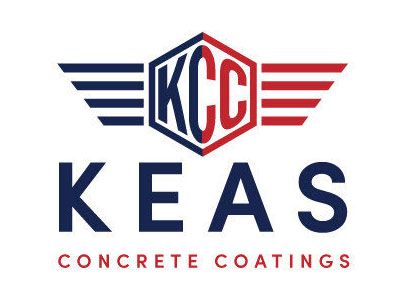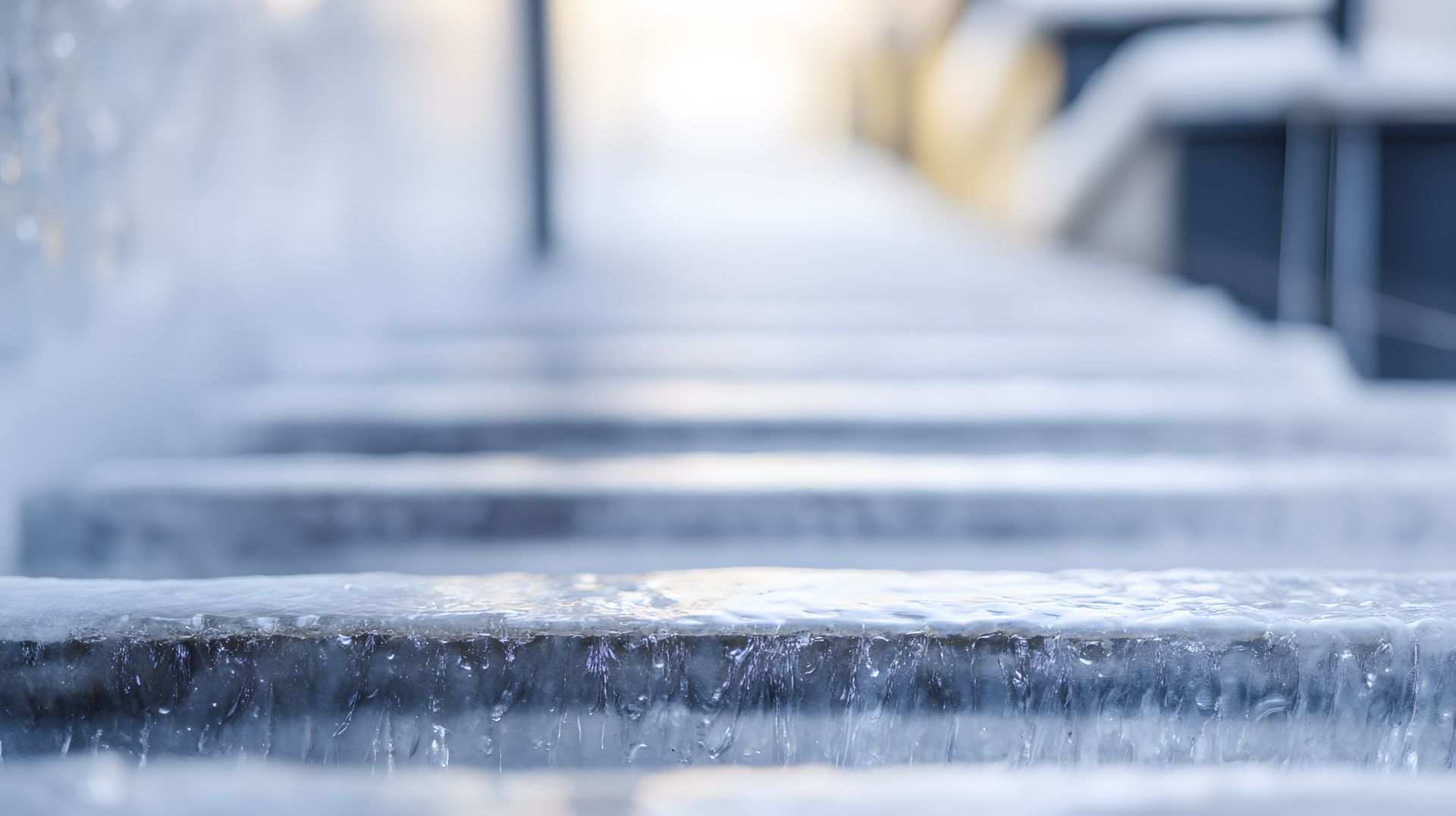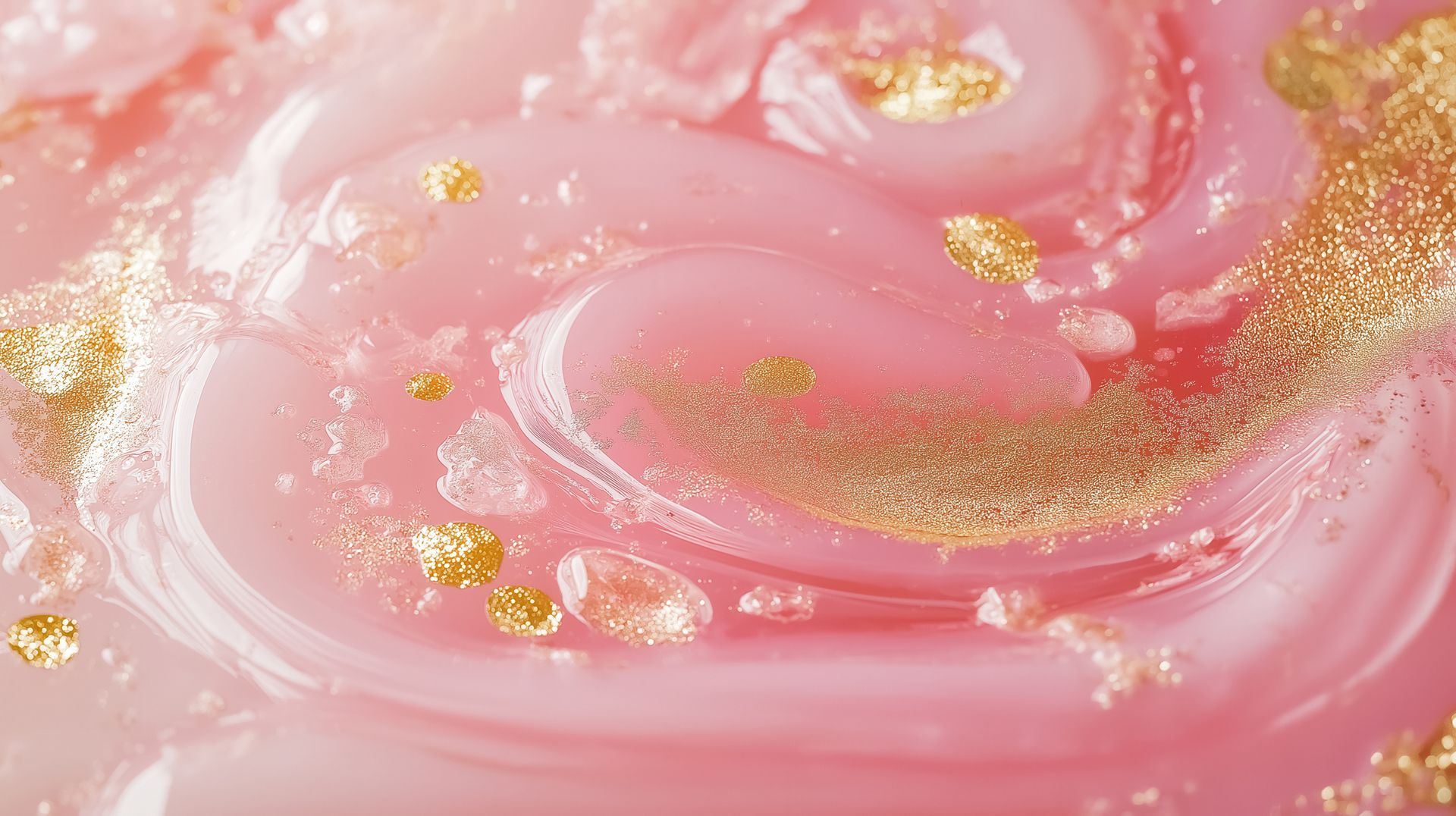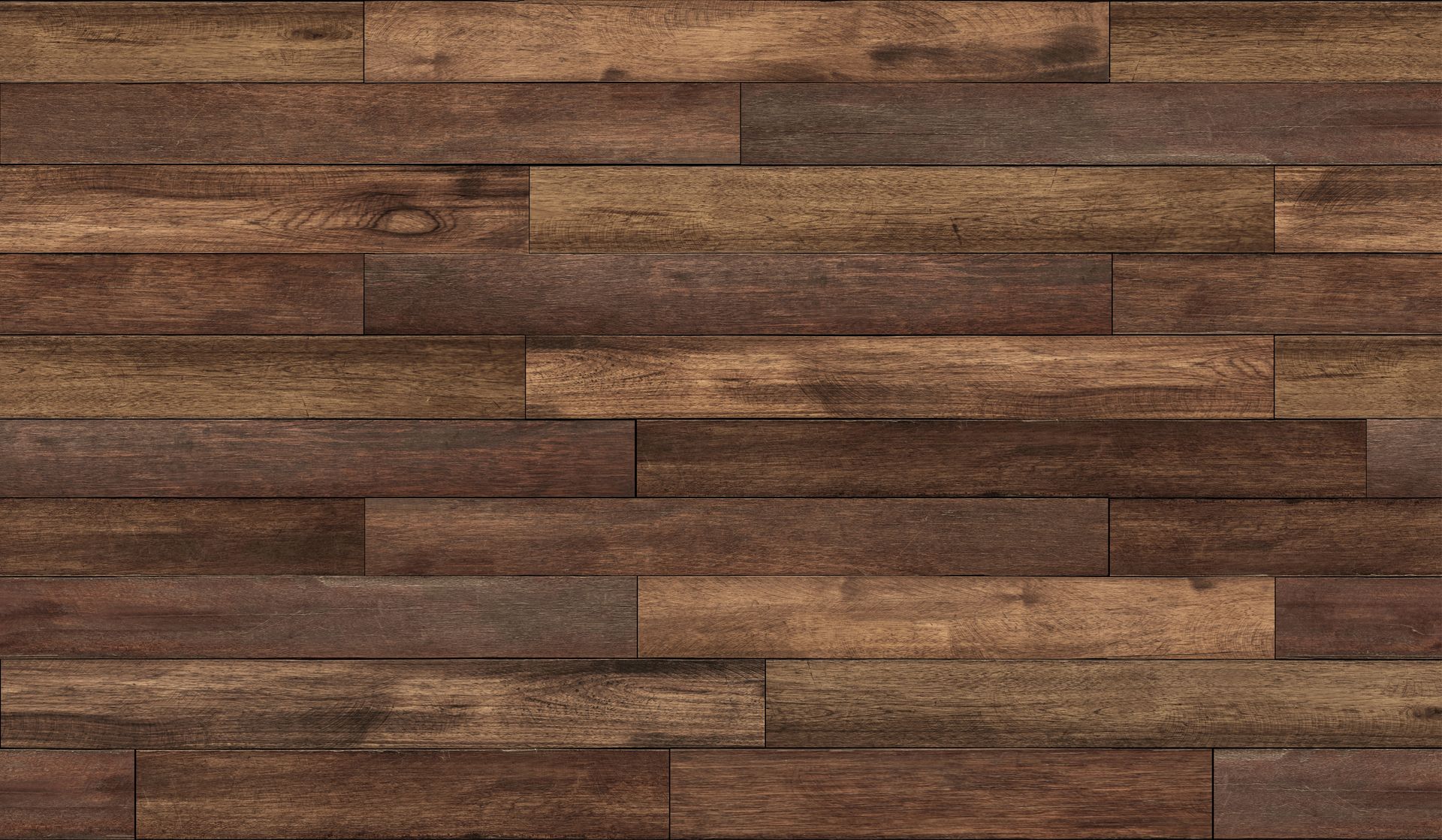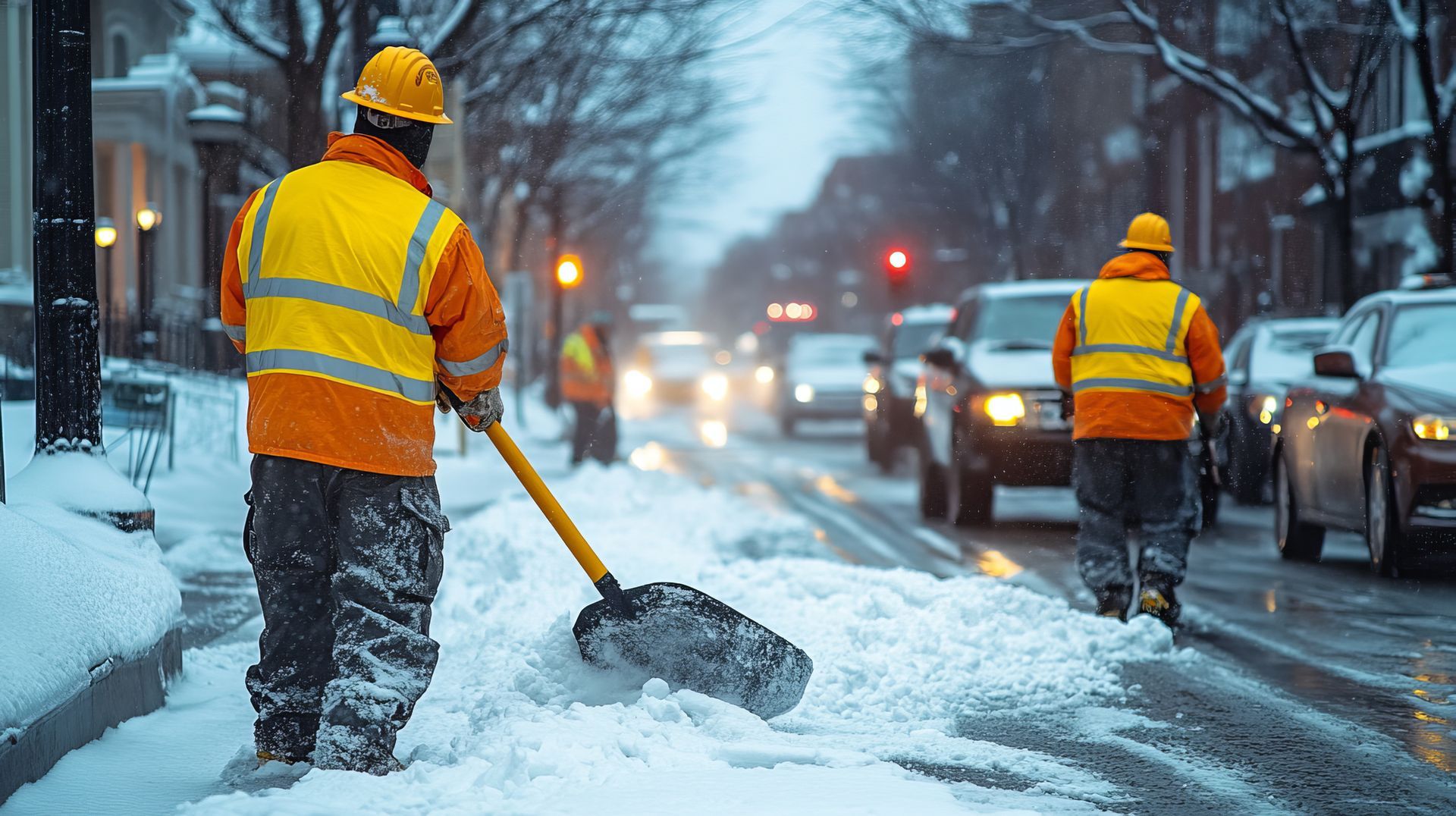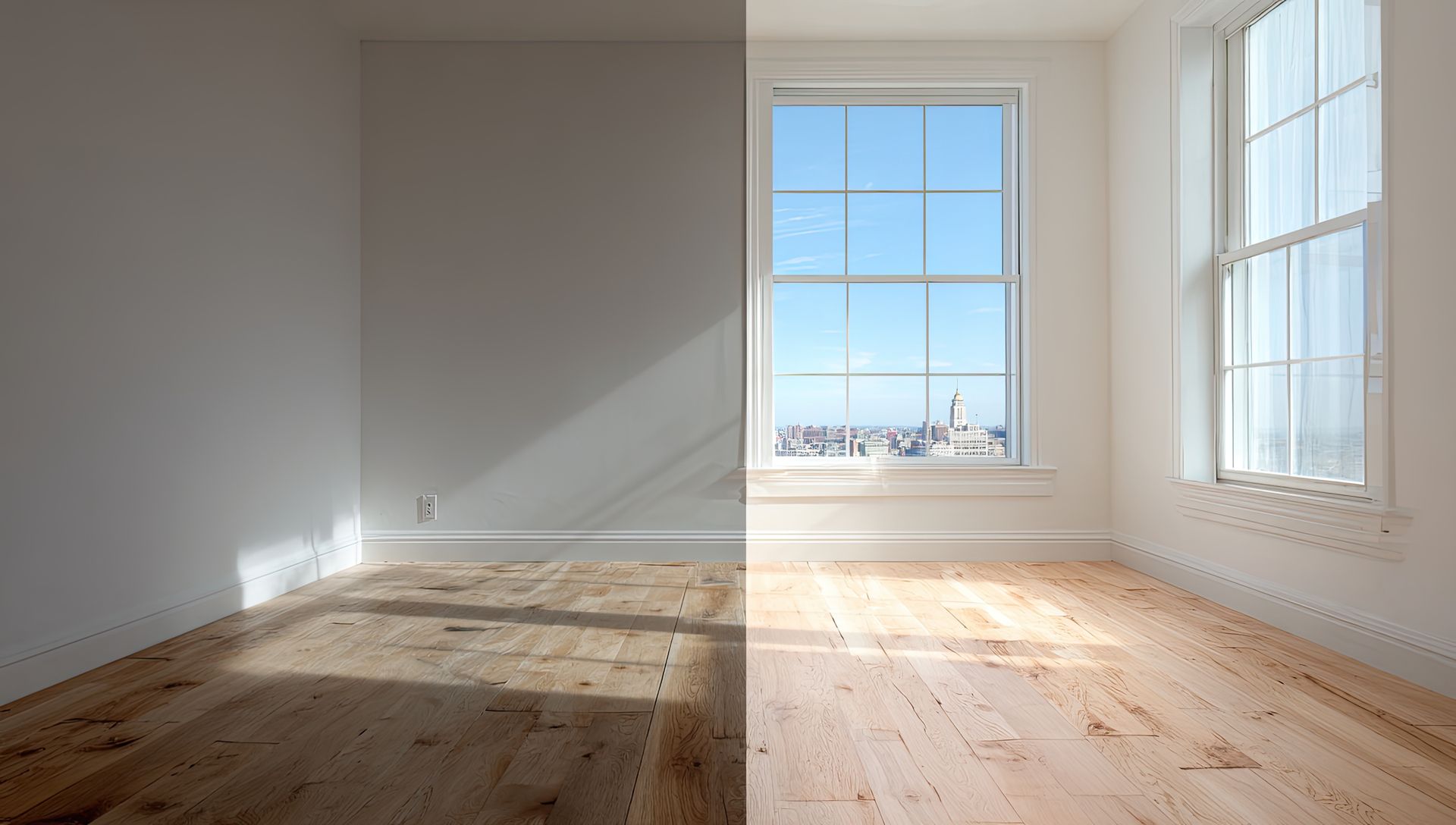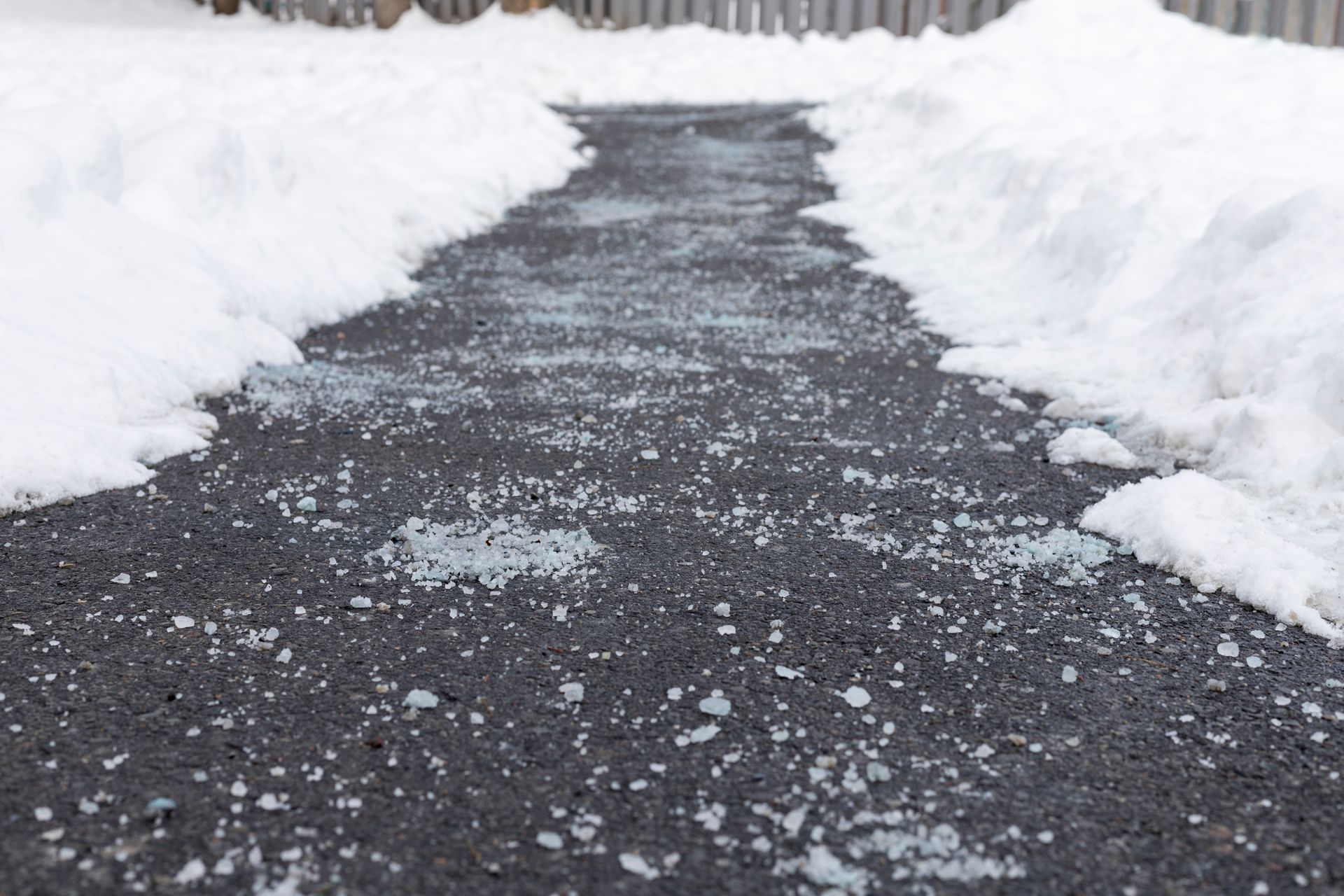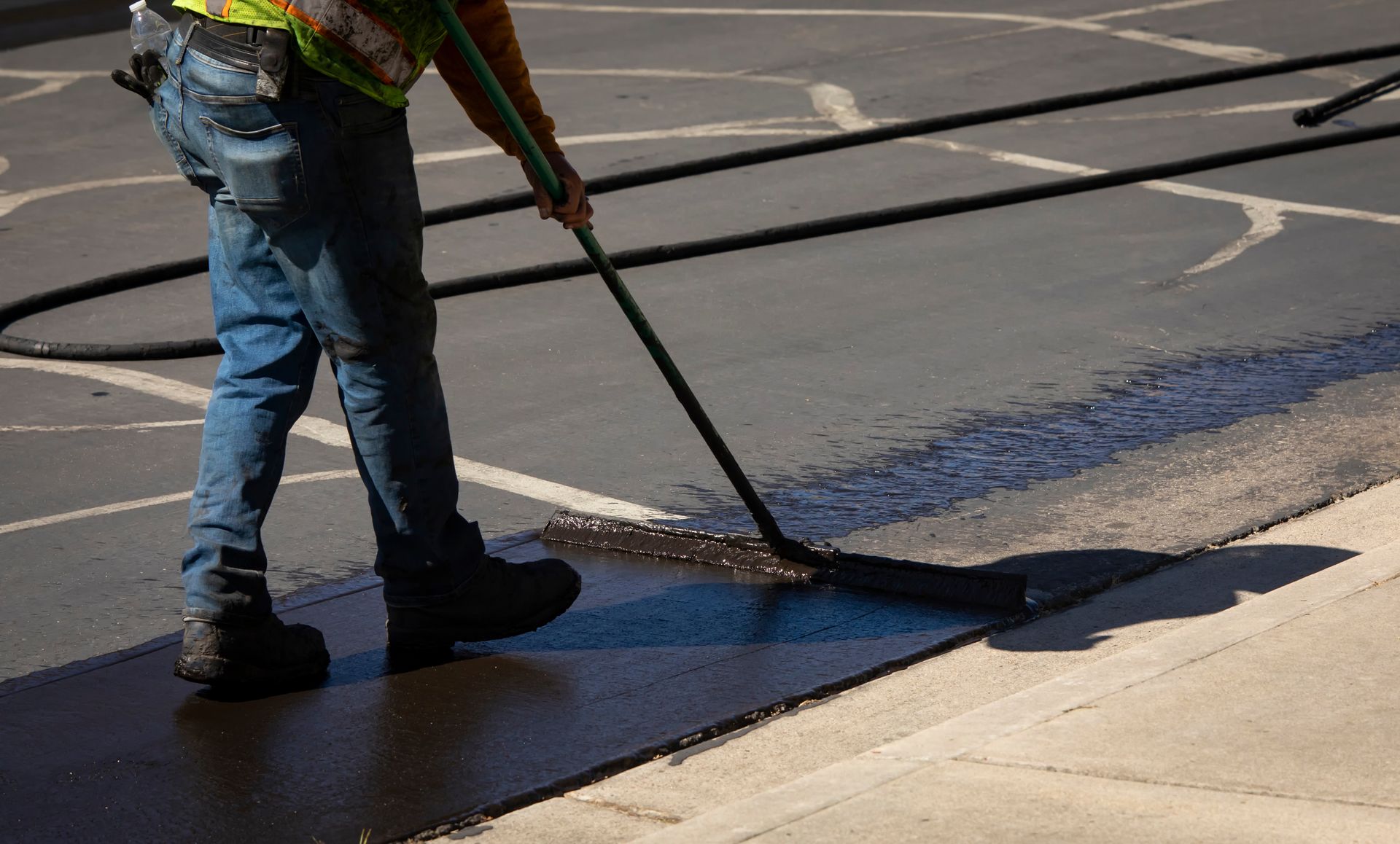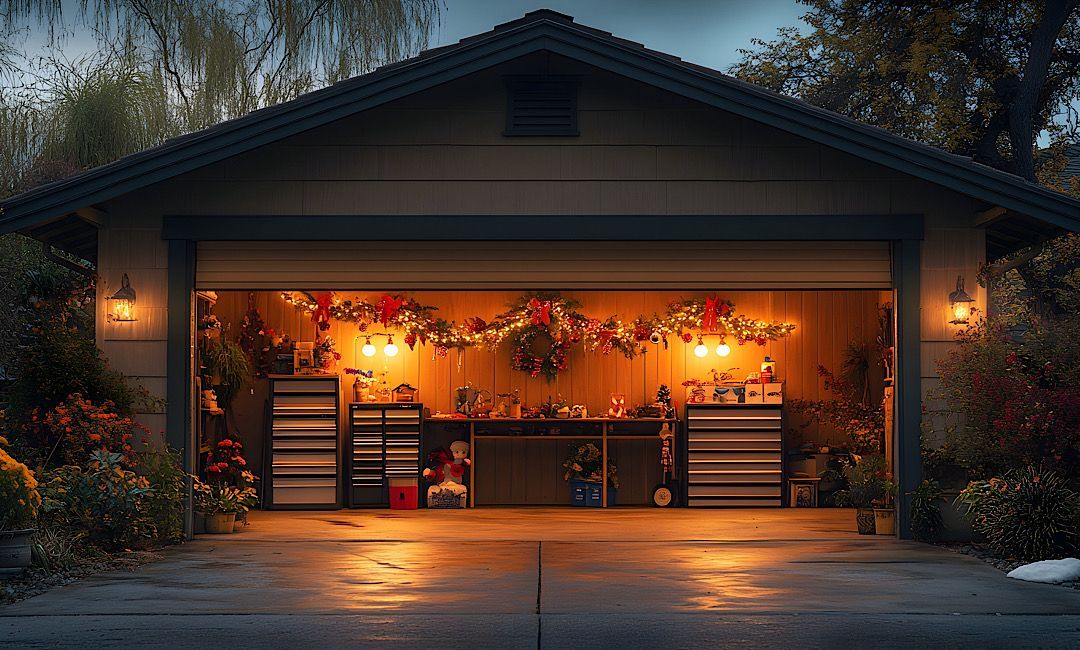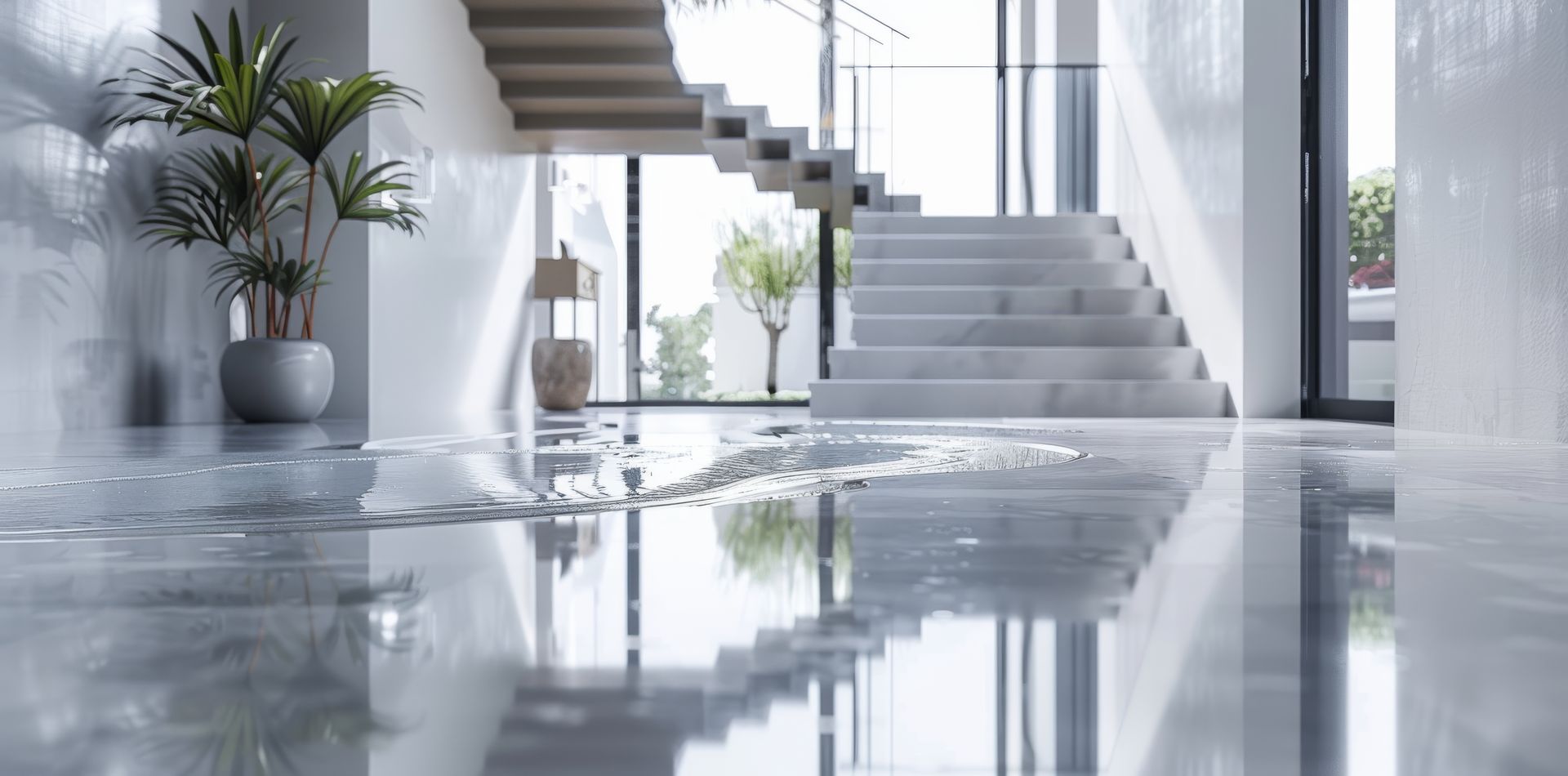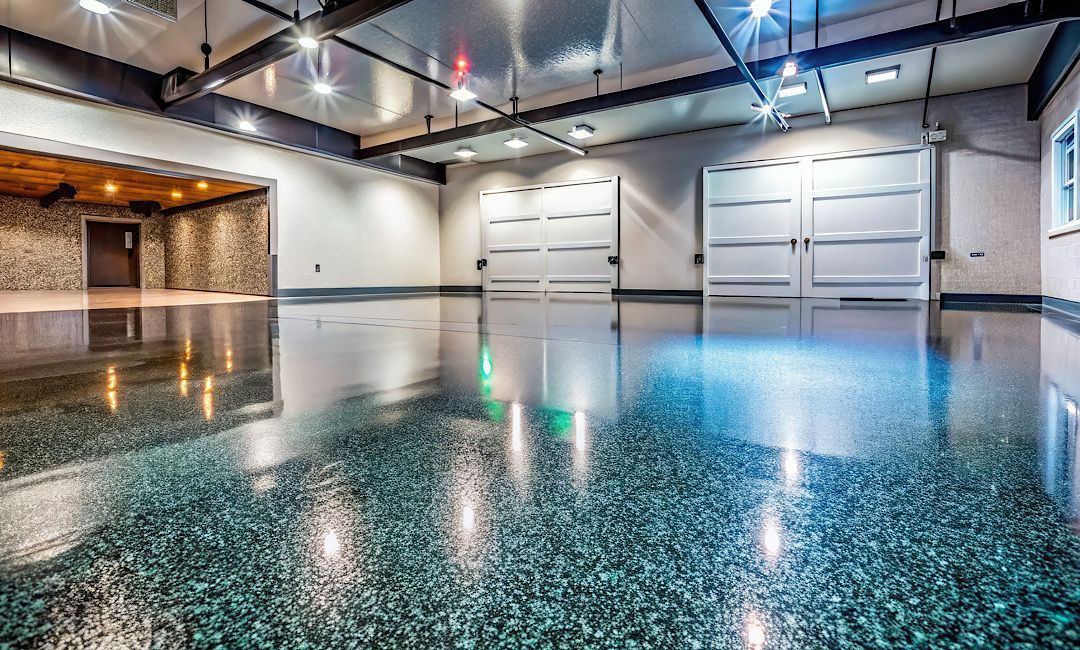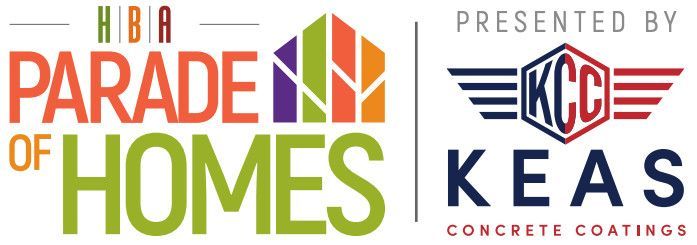Concrete Coatings 101: Polyurea/Polyaspartic Systems Explained
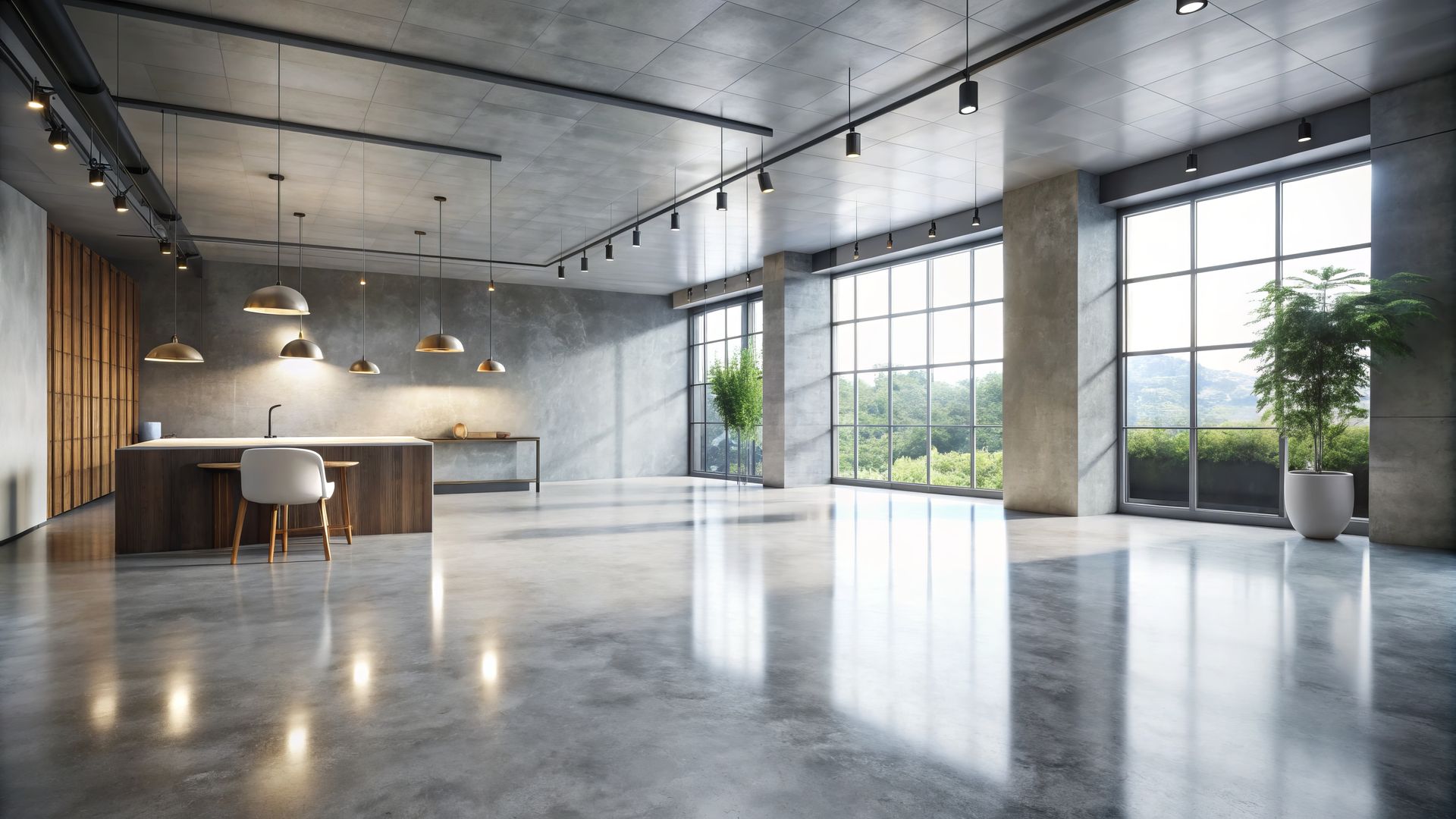
When it comes to protecting and upgrading concrete in Colorado, many homeowners are discovering that traditional epoxy coatings no longer measure up to the state’s unique climate demands. At
Keas Concrete Coatings, our mission is to provide durable and attractive flooring solutions that handle everything from harsh winters to bright high-altitude sunshine. Among the most advanced technologies available today are polyurea and polyaspartic systems—innovative alternatives that outperform epoxy in nearly every way. This in-depth guide explores what these coatings are, why they are ideal for Colorado, how they compare with epoxy, and the most common uses for residential and commercial properties.
What Are Polyurea and Polyaspartic Coatings?
Polyurea and polyaspartic systems represent the next generation of concrete coatings, developed to solve the weaknesses of traditional epoxy while expanding performance capabilities. They are applied in liquid form, chemically bond to concrete, and cure into a seamless protective layer that resists damage, staining, and discoloration.
The Chemistry Behind the Systems
Polyurea is formed when an isocyanate reacts with a resin blend. This reaction creates a material with exceptional tensile strength and flexibility. One of the most distinctive properties of polyurea is its rapid cure time, often measured in mere seconds.
Polyaspartic is a specialized aliphatic polyurea that slows down the reaction process, making it easier to apply while maintaining the strength and chemical resistance of polyurea. This innovation allowed polyurea to move from industrial applications into residential settings such as garage floors and patios.
Both systems resist UV exposure, temperature fluctuations, and chemical spills, making them excellent options for Colorado homeowners who want longevity, safety, and style.
Why Polyurea/Polyaspartic Outperforms Epoxy in Colorado
Epoxy has been a common choice for decades, but Colorado’s climate exposes its weaknesses. Rapid freeze-thaw cycles, high UV intensity, and shifting moisture levels in concrete can cause epoxy to peel, fade, or fail prematurely. Polyurea and polyaspartic coatings address these shortcomings directly.
Temperature Flexibility
Colorado’s climate can range from subzero temperatures in winter to hot summer days exceeding 90°F. Epoxy typically requires a narrow application range of 55–80°F, which limits its use during much of the year. Polyurea and polyaspartic systems can be applied in conditions from -20°F to over 120°F, ensuring year-round installations.
UV Resistance
High-altitude sunshine in cities like Denver, Boulder, and Colorado Springs increases UV exposure by up to 25% compared to sea level. Epoxy yellows, chalks, or fades in sunlight, making it unsuitable for patios and outdoor walkways. Polyurea and polyaspartic coatings are 100% UV stable, maintaining their color and gloss for decades.
Moisture Tolerance
Moisture in concrete slabs often causes epoxy to bubble or delaminate. Polyurea systems are moisture-insensitive, bonding securely even in challenging conditions. This is especially valuable for Colorado basements and garages, where snowmelt and moisture can seep into concrete.
Faster Cure Time
Epoxy floors can take several days before they are ready for full use. This downtime can be inconvenient for homeowners and disruptive in commercial spaces. Polyurea and polyaspartic systems cure in as little as 1–2 hours, with full use possible within 24 hours.
Durability and Strength
Polyurea coatings are four times stronger than epoxy. They resist abrasions from tires, chemicals like road salts, and heavy impacts from dropped tools. With tensile strength exceeding 4,000 PSI, they provide unmatched resilience in both residential and industrial settings.
Best Use Cases for Polyurea and Polyaspartic Coatings
The versatility of these coatings means they are not limited to garages. Homeowners and businesses across Colorado are choosing them for a variety of applications.
Garage Floors
The most common and practical use is garage flooring. These coatings resist hot tire pickup, oil spills, and salt corrosion, making them perfect for Colorado residents dealing with snow and ice. Decorative chip blends can also be added to create customized aesthetics that enhance curb appeal.
Basements
Colorado basements are prone to moisture infiltration, which can damage carpet or wood flooring. Polyurea/polyaspartic coatings create a seamless, waterproof surface that resists mold and mildew. They also add brightness by reflecting light, making basements more welcoming.
Patios and Outdoor Walkways
Sun exposure and freeze-thaw cycles often cause cracks in concrete patios. Polyurea coatings resist expansion and contraction, preventing cracking while maintaining color and finish. Non-slip additives can also be incorporated for safety in icy conditions.
Commercial and Industrial Facilities
Businesses in Denver and along the Front Range appreciate polyurea’s ability to withstand heavy machinery, foot traffic, and chemical spills. From showrooms to warehouses, these coatings deliver a professional finish with low maintenance.
Polyurea/Polyaspartic vs. Epoxy: A Side-by-Side Comparison
Cure Time: Epoxy takes 2–5 days to cure, while polyurea/polyaspartic systems cure in 1–2 hours.
UV Stability: Epoxy tends to yellow, while polyurea remains UV-stable for decades.
Temperature Range: Epoxy requires narrow application conditions, while polyurea can be applied from -20°F to 120°F.
Flexibility: Polyurea is highly flexible; epoxy is brittle.
Scratch Resistance: Polyurea provides better abrasion resistance
Moisture Resistance: Polyurea bonds well even in damp conditions; epoxy does not.
Lifespan: Epoxy lasts 5–10 years, polyurea/polyaspartic can last 15–20 years.
Trends in Denver and the Front Range
Home improvement in Colorado has shifted toward low-maintenance upgrades that also boost property value. According to HomeAdvisor, garage improvements such as coatings can yield a 70%–80% return on investment during resale. Realtors in Denver note that homes with finished garages and patios stand out to buyers seeking modern, move-in-ready properties.
At Keas Concrete Coatings, we’ve seen growing interest in:
Custom chip blends that complement home exteriors.
Anti-slip finishes for winter safety.
Metallic coatings for luxury basements and showrooms.
Quick, one-day installations for busy households.
Our team specializes in tailoring finishes to both function and style, ensuring each project reflects the homeowner’s vision.
Important Considerations Before Installation
Choosing the right coating involves more than just the product—it’s also about proper preparation and application.
Surface Preparation
Grinding or shot blasting the concrete is essential for creating a proper bond. This step cannot be skipped or replaced with acid etching if long-term durability is expected. At Keas Concrete Coatings, we use commercial-grade equipment to ensure optimal adhesion.
Moisture Testing
We perform moisture vapor transmission tests to identify potential issues before coating. This prevents premature failures and ensures the coating bonds effectively to the concrete.
Professional Installation
DIY kits often use diluted versions of epoxy or polyurea that lack industrial-grade strength. Additionally, professional installation requires precise timing, ratios, and tools. Hiring certified installers guarantees quality and warranty coverage.
Warranties
Not all coatings are equal. We provide a 15-year residential warranty against peeling, bubbling, and discoloration, giving homeowners peace of mind in their investment.
FAQs About Polyurea and Polyaspartic Coatings
How long do polyurea/polyaspartic coatings last?
With proper installation, these coatings can last 15–20 years, compared to epoxy’s average of 5–10 years.
Can polyurea be installed in winter?
Yes. Unlike epoxy, polyurea can be applied in temperatures as low as -20°F, making it ideal for Colorado’s cold climate.
Are these coatings safe for families and pets?
Once cured, polyurea and polyaspartic coatings are non-toxic and VOC-free, making them safe for homes with children and pets.
How do these coatings improve home value?
A finished garage or patio improves curb appeal and adds functional, attractive living space, which can increase resale value by up to 80% of the project cost.
Do these coatings require maintenance?
Minimal maintenance is required. Routine sweeping and occasional mopping with a mild cleaner are usually sufficient to keep the surface looking new.
Are polyurea coatings customizable?
Yes. Decorative flakes, metallic pigments, and anti-slip additives can be incorporated to create a tailored look that matches your style and needs.
Is epoxy ever a better choice than polyurea?
Epoxy may still be used in budget-conscious projects or purely decorative indoor areas. However, for durability and climate resistance in Colorado, polyurea is the superior option.
Enhance Your Colorado Home with Keas Concrete Coatings
Living in Colorado means experiencing both natural beauty and demanding weather. Your concrete surfaces deserve the same durability and strength. Whether it’s protecting your garage from salt damage, waterproofing a basement, or creating a stylish patio for entertaining, polyurea and polyaspartic coatings provide a solution built to last. At Keas Concrete Coatings, our
certified installers deliver one-day transformations backed by long-term warranties, ensuring your home not only looks better but also functions better for years to come.


